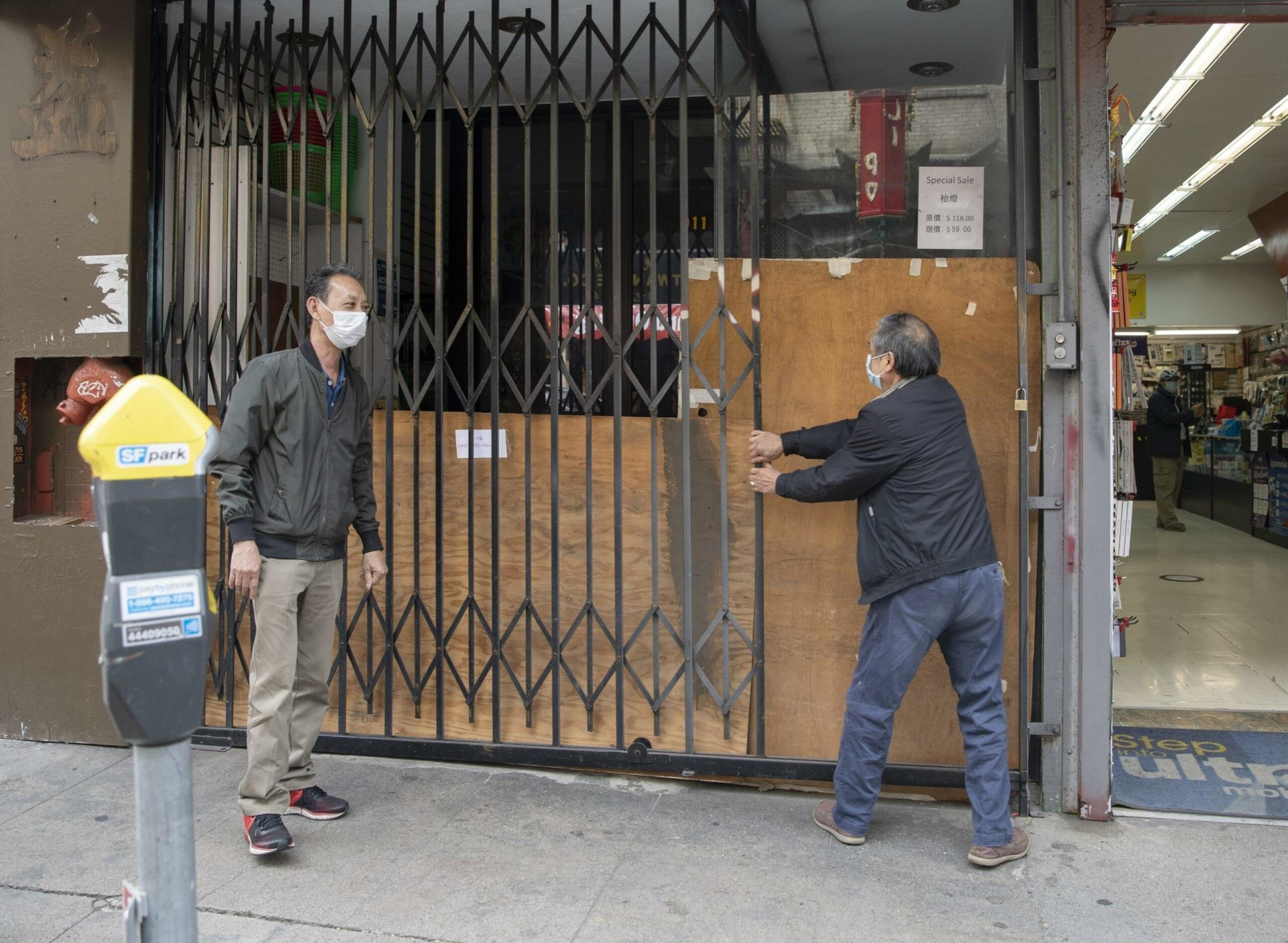The San Francisco Board of Supervisors voted on Tuesday to create a relief fund for commercial debt, though it’s not clear where the funding will come from.
In a unanimous vote, the supervisors approved a plan that could force landlords and struggling small business owners to strike a deal on debt accrued during the pandemic. Eighteen months into the pandemic, total commercial debt may amount to more than $600 million according to a new estimate.
The relief plan, introduced by Supervisor Ahsha Safai, would create a pool of grant money for landlords and business tenants who agree to renegotiate leases or strike some other agreement that would reduce the debt balance. Safai suggested an initial funding level of $25 million, with individual grants of up to $35,000 each. To actually add money to the fund, either the Mayor or the Board of Supervisors would need to introduce a supplemental budget ordinance.
The funding would “compel landlords and small businesses to negotiate relief,” and could assist up to 1,000 businesses, said Safai on Tuesday.
New estimates from the Budget & Legislative analyst suggest that the total need well exceeds $25 million, and continues to climb as the pandemic drags on.
In a report, the analysts estimated that business tenants accrued between $15.6 and $29.1 million in unpaid rent per month this year, even as COVID restrictions eased. That brings the total estimated balance to as much as $637 million as of August 2021, a big jump since the last published estimate of $404 million (opens in new tab) in March.
In an appearance before the Board of Supervisors on Tuesday, Mayor London Breed pointed to a patchwork of local efforts to help small businesses, including $63 million in grants and loans, fee waivers and newer initiatives like vandalism reimbursements. She did not immediately commit to providing further grants for rent relief, however.
“We’re doing a lot, but at the end of the day we’re not going to be able to do everything,” she said, pointing to federal stimulus dollars and broader reform of the city’s business licensing processes through Proposition H.
In the meantime, commercial tenants face a cliff at the end of this month, with eviction moratoriums set to expire on Sept. 31.
Last week, the Board of Supervisors voted to expand a forbearance period during which landlords cannot impose additional penalties on unpaid rent. Business tenants also cannot be immediately evicted as long as they have paid 25% of their back rent.
“We will continue our conversations with the Mayor’s Office and we believe they should be fruitful,” said Safai.
